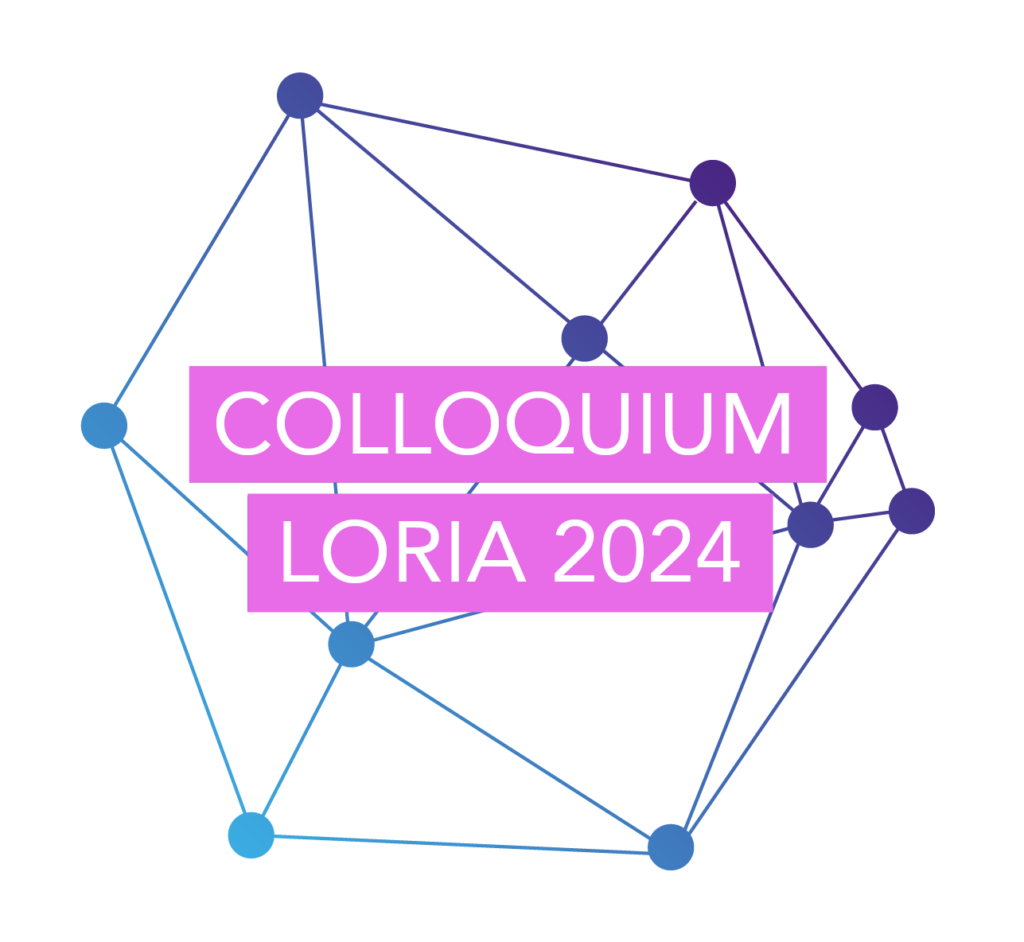CELLO
Department 4 : Knowledge and language management
Team leader : Hans Van Ditmarsch
Tél. : +33 3 54 95 85 85
Mail : hans.van-ditmarsch@loria.fr
Presentation
The acronym CELLO stands for Computational Epistemic Logic in LOrraine. The activities of CELLO largely coincide with the activities performed in the European Research Council project on Epistemic Protocol Synthesis.
Given my current state of knowledge, and a desirable state of knowledge, how do I get from one to the other ? Is it possible in principle to reach the desirable state of knowledge, i.e., does it make sense at all to start trying to obtain the desirable state ? If I know it is impossible to obtain, there is no use trying. But even if I know that it is possible in principle, is there a way to approach the desirable state in steps or phases, i.e., can I iteratively construct an epistemic protocol to achieve the desirable state ? And can this be done with some or with full assurance that I am getting closer to the goal ?
Such problems become more complex if they involve more agents. The knowledge states of agents may be in terms of knowledge properties of other agents. Such assumed knowledge properties may be incorrect, or the agents may act at unpredictable or unknown moments, or with delayed or faulty communication channels, as typically in asynchronous systems.
The focus of much research in dynamic epistemic logic, and more generally in epistemic and temporal modal logics, is analysis: given a well-specified input epistemic state, and some well-specified dynamic process, compute the output epistemic state. We focus on synthesis: given a well-specified input epistemic state, and desirable output (typically less well specified), find the process transforming the input into the output. The process found is the epistemic protocol. We are aided by recent advances in logics for propositional quantification. Areas of specific interest are protocols for secure communication, protocol languages, and agency. The general goal of this research group is epistemic protocol synthesis for synchronous and asynchronous multi-agent systems, by way of using and developing dynamic epistemic logics.
Scientific themes
- Epistemic protocol synthesis from initial state to goal state
- Knowledge progression
- Protocol synthesis in asynchronous systems
- Security protocol synthesis
- Heuristics for epistemic planning
- Logics for quantifying over information change
- Planning with unawareness
- Protocol languages
- Agency in logics for epistemic protocol synthesis


